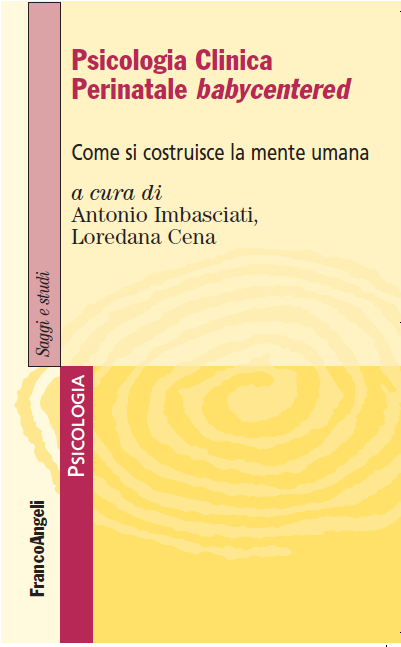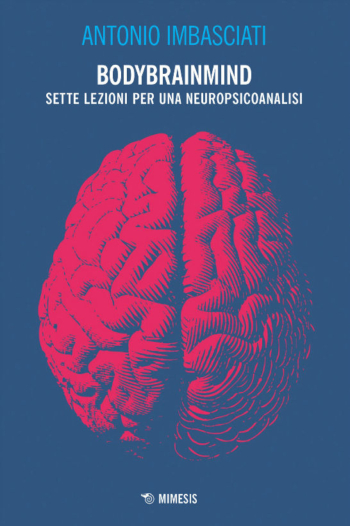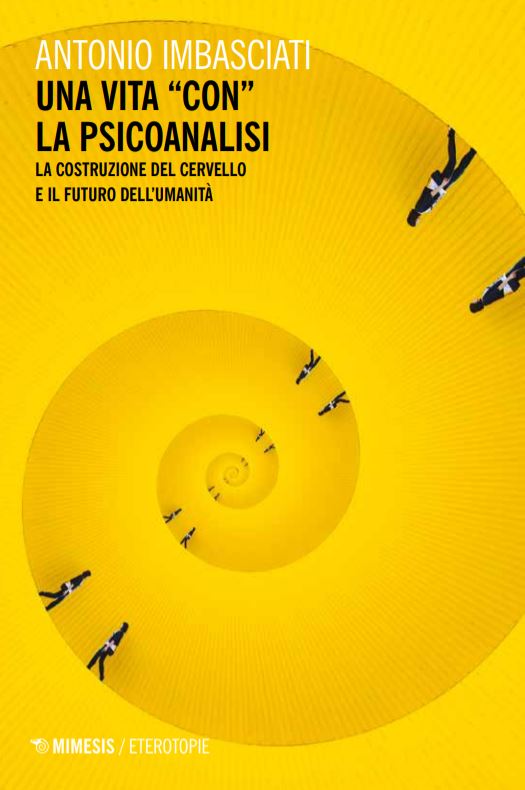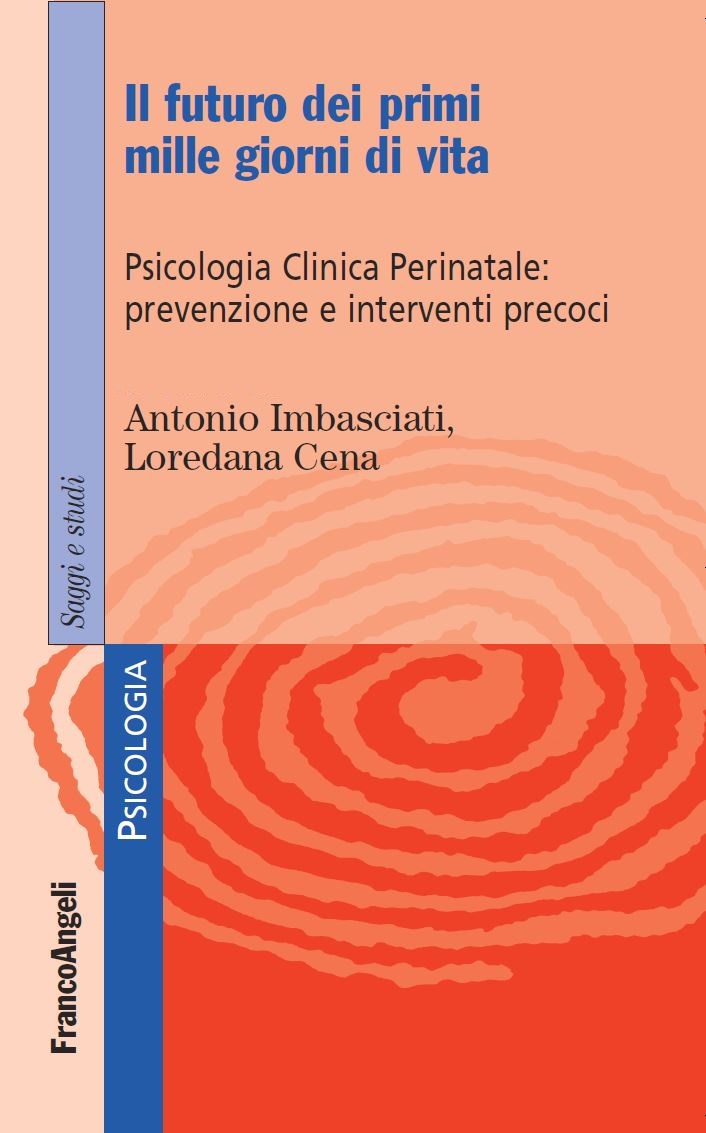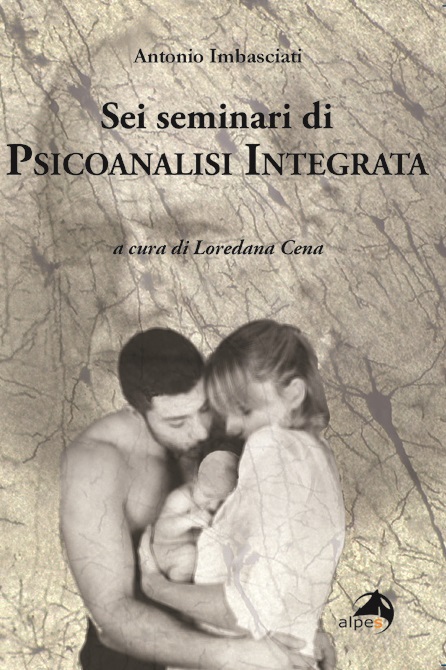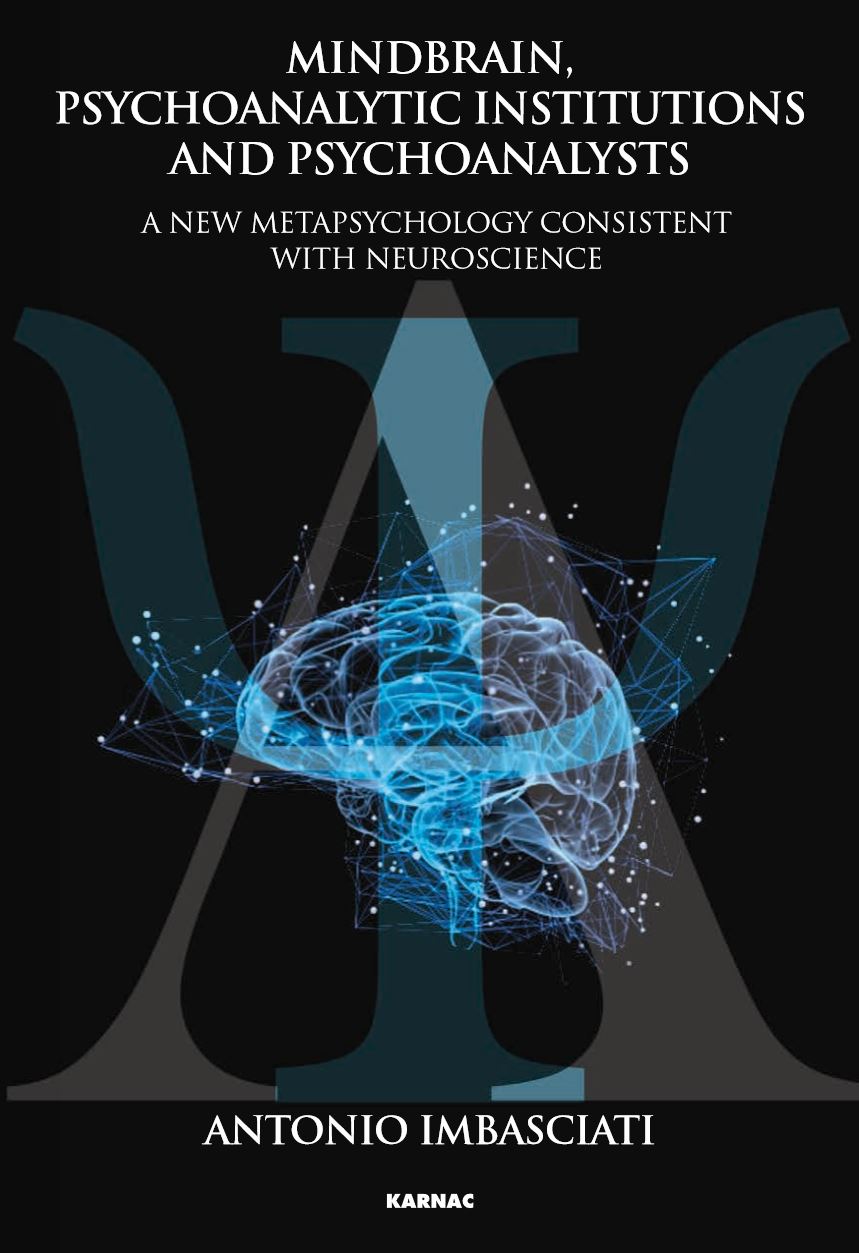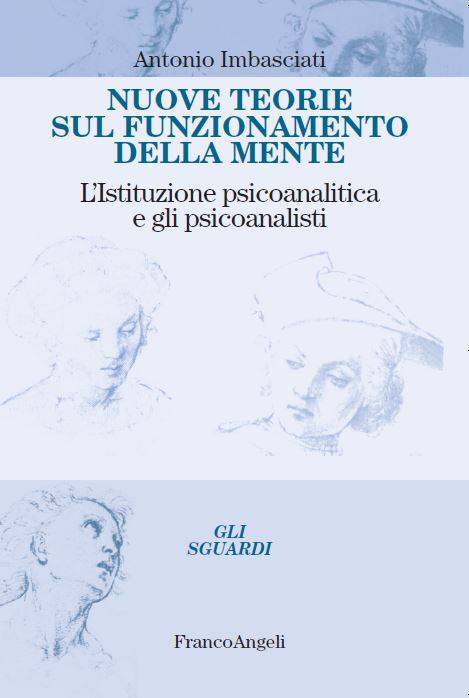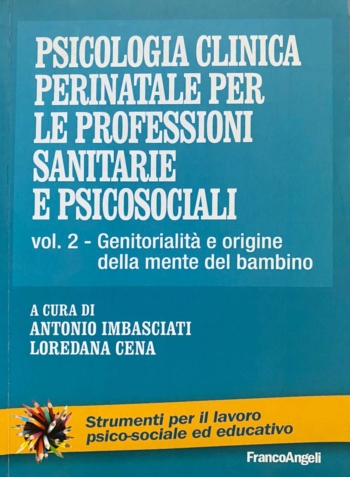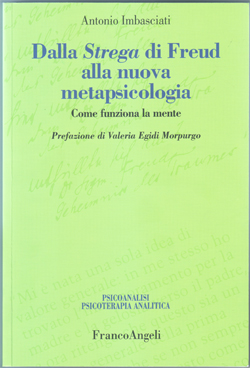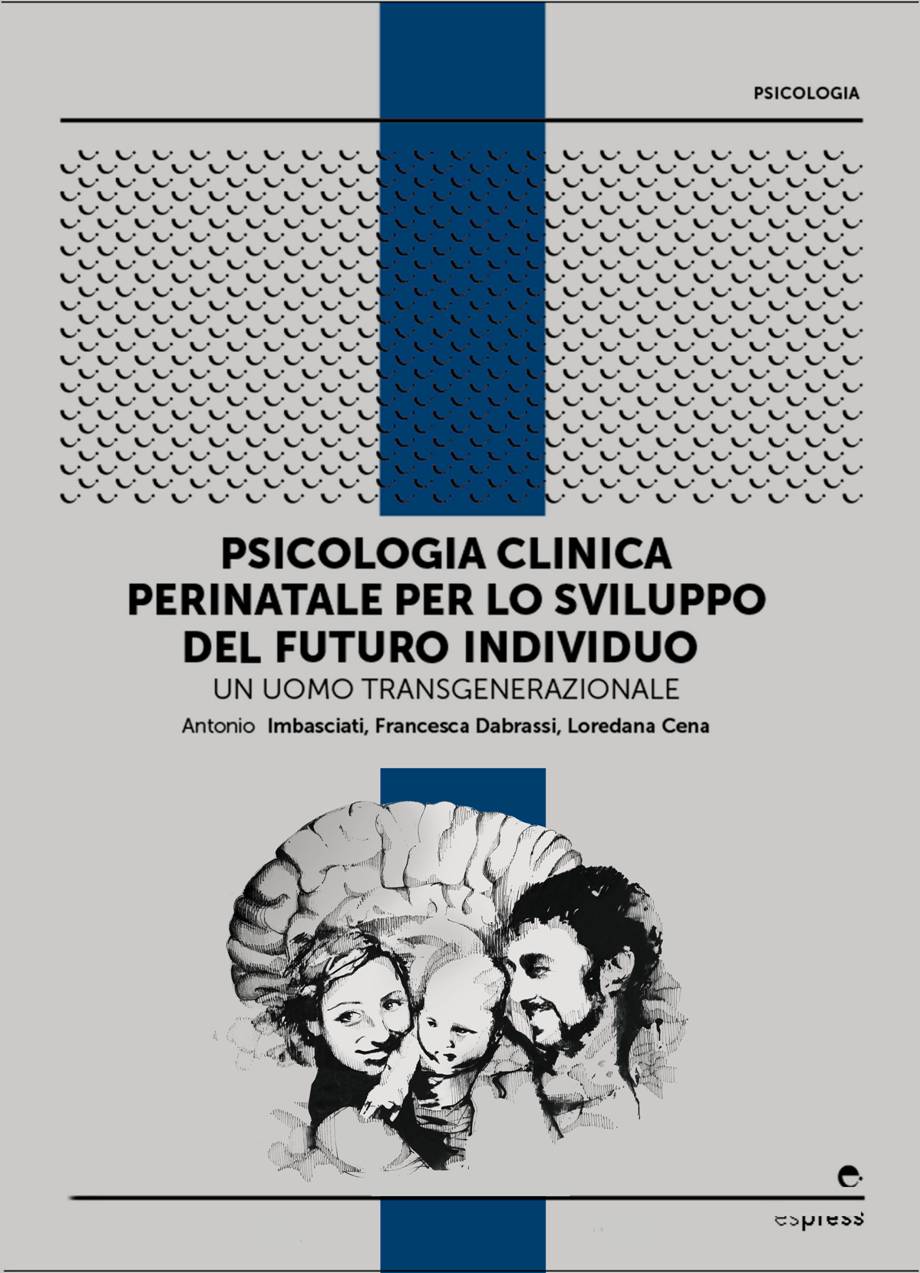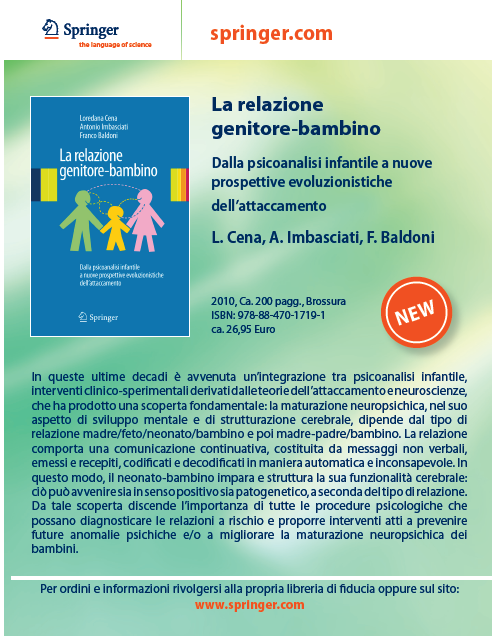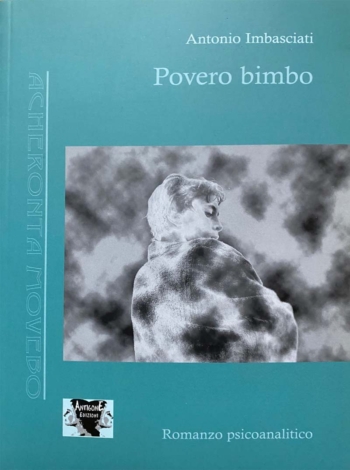Printed books
[Of the area of competence 8. Construction of a Mind and Neurosciences]For a long time in medical area “Perinatal Clinical Psychology” had the meaning of a psychological clinics in pregnant women and her puerperal period. What might happen in her baby was observed only for its clear organic pathologies: its interior vicissitudes were not known, as all scientists of the time thought it has no mental life. But nowadays Neuroscience has proven the heavy importance of its brain construction in its first neural net; and its first functioning in mental events without any consciousness.
These first neuromental structures condition the ones that are later constructed …
Neuropsychoanalysis aims to check the neurobiological processes which may explain what psychoanalysis describes as psychic emotional and unconsciouss events which drive human behaviours, motivations and individual life events, and what a person believes and thinks in his/her personal consciousness. This is the study about the relations between mind and brain.
Nobody has a mind equal to an other’s one, and Neuroscience has demonstrated thet nobody has the same brain of another human being. Brain is constructed (follow)
The author, psychoanalyst and university professor now Emeritus (www.imbasciati.it), in his eighty-third year of an intense scientific life, intended to leave a sort of inheritance of his interior “passion”, imbued with his life events, which led him to investigate the mind and the brains of humans. His life took place in an affective-emotional inner maturation, […]
In the first thousand days of life, counting from conception, a first individual functional matrix – synaptic networks – is formed which will condition every subsequent elaboration of the life experiences of that individual and therefore every further construction of functionality in the individual’s brain, i.e. every subsequent neuro-psycho-somatic development of that person. This first […]
Freud founded psychoanalysis since more a century. His invention of a particular method in seeking into the mind allowed him a very important discovery and the constitution of a new science, which he expected to be developed.
In this last book (www.imbasciati.it) I have collected and tried to summarize the ideas I have developed by integrating different sciences of the mind during my long experience as a psychoanalyst, a researcher, then a professor, a trainer as well as a director of a university school. Throughout my professional life I aimed at systematizing, integrating and possibly unifying the diverse theories on the origins and functioning of the mind. In psychoanalysis these theories – although they were formulated over a century ago – are still mixed and confused in a state of inadequacy both in terms of epistemology and general culture. In my life, psychoanalysis has been the field where I have, most passionately, found implicit scientific limits in the institutions which have as their explicit goal the development of the science that Freud founded one-hundred years ago. But this is the case everywhere: Institution, as Elliott Jacques said, works against Organization…
In this last book (www.imbasciati.it) I have collected and tried to summarize the ideas I have developed by integrating different sciences of the mind during my long experience as a psychoanalyst, a researcher, then a professor, a trainer as well as a director of a university school. Throughout my professional life I aimed at systematizing, integrating and possibly unifying the diverse theories on the origins and functioning of the mind. In psychoanalysis these theories – although they were formulated over a century ago – are still mixed and confused in a state of inadequacy both in terms of epistemology and general culture. In my life, psychoanalysis has been the field where I have, most passionately, found implicit scientific limits in the institutions which have as their explicit goal the development of the science that Freud founded one-hundred years ago. But this is the case everywhere: Institution, as Elliott Jacques said, works against Organization. (…)
For the past twenty years the Authors developed a particular discipline they designed Perinatale Clinical Psychology from 2003: a clinical psychology applied to the vicissitudes that happen before,during and later conception, pregnancy, delivery, puerperium, breast feeding, infant care, early infancy. These vicissitudes concern the couple, the pregnant women, the mother, the family, in their growning […]
In Freud’s time “psychology” was a proper psychology of consciousness: it meant what one could consciously know about himself. Freud discovered unconscious events: he must explain to his contemporary scientists how these phenomena could exsist an how an unconscious mind might function. He wrote his metapsychology (1915): “meta” (=beyond) would say that mind could be considered also beyond consciouseness psychology. He supposed that the unconscious was moved by an instinctual force (libido) for which he used the german word “trieb” (=push). This word was hardly transalated as “drive” and in neolatin as“pulsion” . (…)
Newborn neurological development doesn’t happen owing to a genetic nature, but on the basis of the specific parental-caregivers caring each baby can have. First brain (right hemisphere) is constructed on this basis and it conditioned every child learning: each first learning will conditionate the subsequent ones. In such a way individual’s mind is constructed, and each person has its specific character, personality, behaviour. Nobody has a mind equal to another one, as nobody has a brain which can be equal to another one. (…)
In this last years infant-psychoanalysis has much developed and an integration with Attachment Theory’s researches and techniques happened: so many and different Psychotherapy Schools developed. These psychotherapies are focused on the mother (or caregiver) rather than on the child, chiefly if he is not a baby. Principal vehicle of the communication which incomes between the therapists and his “patients” is not verbal, like adult psychoanalysis. Such a development allowed to discover that therapeutic effect – that is what make mental structures change – also in adult depends on affective messages, vehicled by that non verbal communication which constitutes that specific interpersonal relation. (…)
Many years after the end of his long and enduring psychoanalysis a patient gave his analyst a dossier in which he had reconstructed his infancy story, as he could understand it by his analysis in his inner psychopathology sources. So the analyst wrote his Family story like a romance. The author aims to demonstrate how many events, which seems to be meaningless and negligibly in the life of a child, may add up together in arousing a psychopathology. (…)

